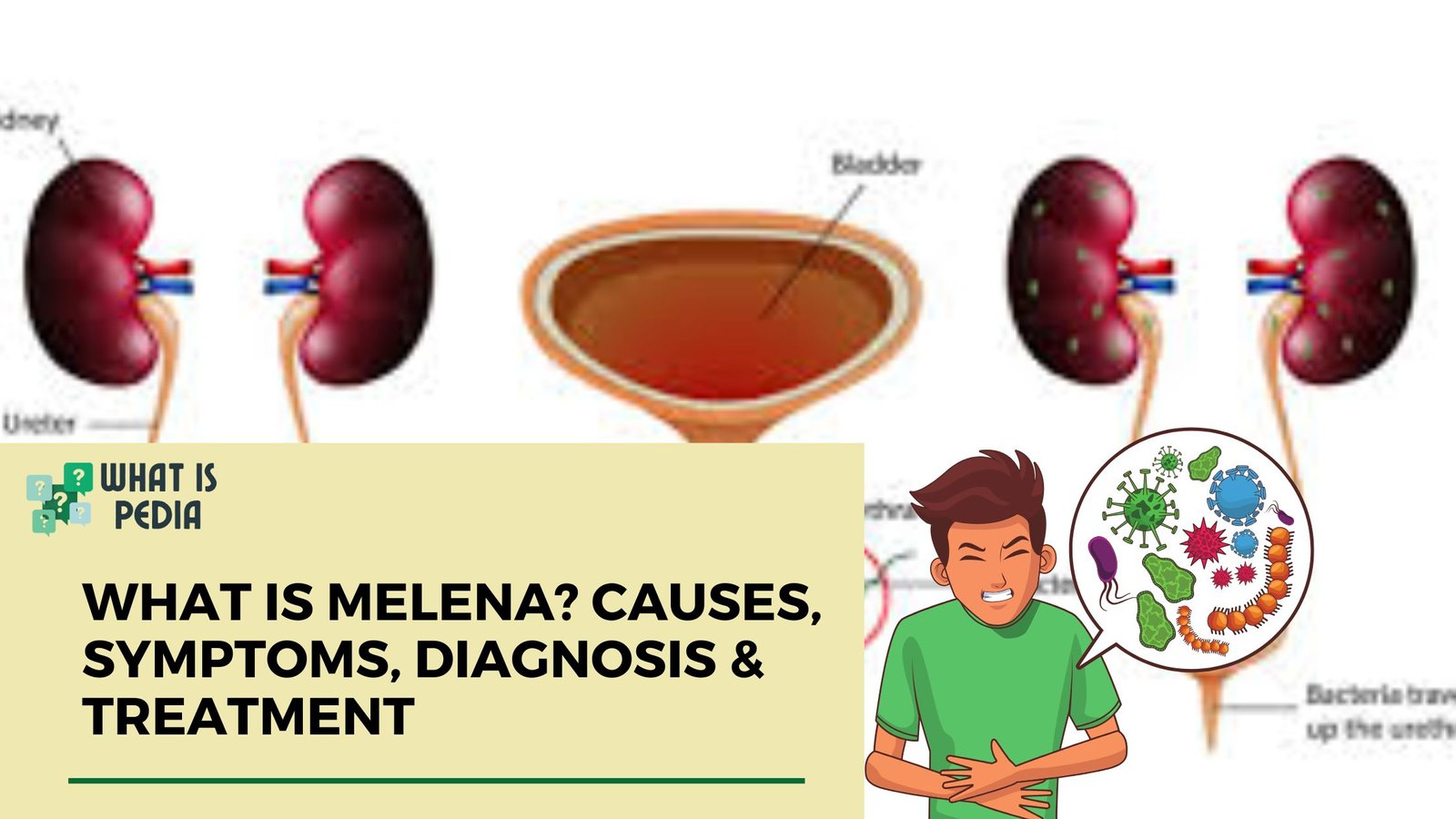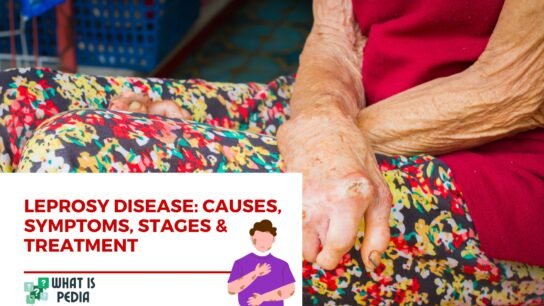Melena is a medical condition characterized by black, tarry stools, often indicating internal bleeding in the upper gastrointestinal (GI) tract. This condition can be alarming as it may signify serious underlying health issues requiring immediate medical attention.
In medical terms, melena refers to the passage of dark, sticky stools due to the presence of digested blood, often originating from the stomach or duodenum. It differs from hematochezia, which involves fresh red blood in stools and usually results from lower GI bleeding.
This blog will provide a comprehensive guide on what melena is, its causes, symptoms, diagnostic methods, treatment options, and preventive measures to help readers understand this condition better.
What is Melena?
Melena is a clinical sign rather than a disease itself. It is caused by the digestion of blood within the GI tract, turning stools black and sticky. This condition typically results from bleeding in the esophagus, stomach, or small intestine.
Melena vs. Hematochezia
- Melena: Dark, tarry stools caused by upper GI bleeding.
- Hematochezia: Bright red blood in stools due to lower GI bleeding.
The appearance of melena stool often signifies significant blood loss and requires urgent medical evaluation to determine the underlying cause and initiate appropriate treatment.
Causes of Melena
Understanding the causes of melena is crucial for early detection and effective treatment. Some of the most common causes include:
1. Peptic Ulcers
Peptic ulcers in the stomach or duodenum are a leading cause of melena. These ulcers develop due to excessive stomach acid, bacterial infections (H. pylori), or long-term use of NSAIDs.
2. Esophageal Varices
Varices are swollen blood vessels in the esophagus, often linked to liver disease. When these veins rupture, they cause severe bleeding, leading to melena.
3. Gastritis
Inflammation of the stomach lining due to alcohol consumption, stress, infections, or prolonged NSAID use can result in internal bleeding, leading to melena.
4. Mallory-Weiss Tear
This condition involves a tear in the esophageal lining, commonly caused by severe vomiting, leading to blood in the stomach and dark stools.
5. Gastrointestinal Tumors
Tumors in the stomach, intestines, or esophagus can cause chronic bleeding, leading to melena over time.
6. NSAIDs and Blood Disorders
Long-term use of NSAIDs or conditions affecting blood clotting (such as hemophilia) can increase the risk of GI bleeding, resulting in melena.
Is Melena Serious?
Yes, melena can indicate severe bleeding and should never be ignored. Immediate medical attention is necessary to prevent complications.
Symptoms and Signs of Melena
The primary symptom of melena is black, tarry stools with a strong odor. Other symptoms may include:
- Fatigue and weakness (due to blood loss)
- Dizziness or fainting
- Abdominal pain
- Vomiting blood (hematemesis)
- Unexplained weight loss
Associated Symptoms: If melena is accompanied by severe abdominal pain, vomiting blood, or difficulty breathing, emergency care is required.
Melena Diagnosis and Differential Diagnosis
Diagnosis of Melena
- Medical History & Physical Examination
- Stool Tests (Fecal occult blood test to detect hidden blood)
- Endoscopy (A camera is used to identify bleeding sources)
- Imaging Tests (CT scan, MRI, or angiography to assess internal bleeding)
Melena Differential Diagnosis
- Hematochezia (Bright red blood from lower GI bleeding)
- Iron Supplements & Medications (Black stools from iron or Pepto-Bismol)
- Dietary Factors (Foods like blueberries can darken stools but do not indicate bleeding)
Treatment and Management of Melena
Medical Treatments
- Proton Pump Inhibitors (PPIs): Reduce stomach acid and aid ulcer healing.
- Antibiotics: Treat bacterial infections (e.g., H. pylori).
- Endoscopic Therapy: Procedures such as cauterization or band ligation to stop bleeding.
- Surgery: Required in severe cases of persistent bleeding.
Lifestyle and Dietary Changes
- Avoid NSAIDs and alcohol.
- Maintain a balanced diet rich in fiber.
- Manage stress to prevent ulcers.
- Schedule regular medical check-ups.
When to See a Doctor?
Seek medical attention if you experience:
- Persistent black stools.
- Unexplained dizziness, fainting, or chest pain.
- Vomiting blood.
These symptoms may indicate life-threatening conditions requiring immediate intervention.
Prevention of Melena
- Limit NSAID use and alcohol consumption.
- Treat underlying GI conditions promptly.
- Eat a healthy, fiber-rich diet to maintain gut health.
- Regular medical check-ups for early detection.
Conclusion
Melena is a serious medical condition that requires prompt diagnosis and treatment. If you notice melena symptoms signs, consult a healthcare professional immediately. Early intervention can prevent severe complications and improve health outcomes.
FAQs About Melena
1. Can melena go away on its own?
Melena often requires medical treatment. If the underlying cause is not addressed, it can worsen.
2. How long does melena last?
The duration depends on the cause. If treated early, it may resolve within a few days.
3. What foods should I avoid if I have melena?
Avoid spicy foods, alcohol, NSAIDs, and acidic foods that can irritate the stomach lining.
4. Is melena always a sign of cancer?
No. While melena can be caused by GI tumors, it is more commonly due to ulcers or medication effects.
5. Can stress cause melena?
Indirectly, yes. Stress can lead to ulcers, which may cause melena if they bleed.
Related Blog: The Ultimate Guide to Black Seed Oil Benefits: Health, Uses & Best Practices
If you’re interested in improving your overall health, check out our previous blog on the benefits of black seed oil, a natural remedy with powerful medicinal properties!
By staying informed and proactive, you can effectively manage and prevent melena. If you found this article helpful, share it with others or leave a comment below!







